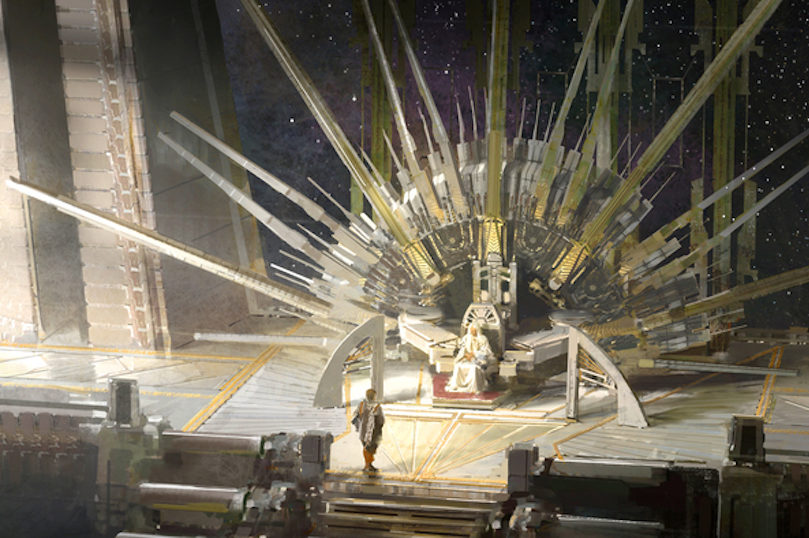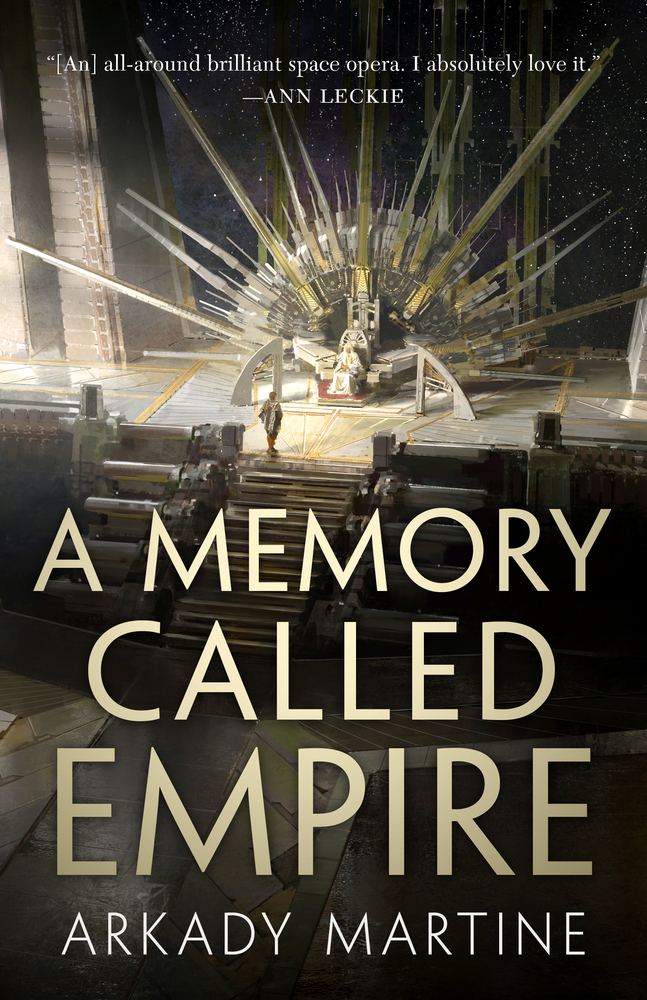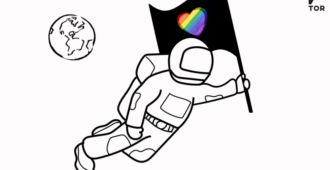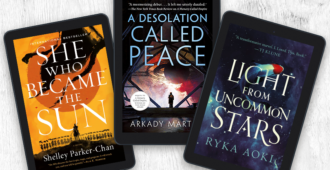“A Memory Called Empire elevates space opera to poetry—clever, deep, sometimes tragic, sometimes violent, always transcendent poetry that shines like the edge of a knife.” —Delilah Dawson
Have you read the lush, tense, dizzying and dazzling sci-fi masterpiece that is A Memory Called Empire by Arkady Martine yet? And if have, you were probably pretty impressed by all the detail of the Teixcalaanli culture—particularly all the poetry.
As you prepare for the sequel, A Desolation Called Peace (hitting shelves 3/2/21), check out Arkady as she talks integrating poetry and space opera in A Memory Called Empire, paperback out now:
By Arkady Martine
I’m not myself exactly a poet. I’ve written and published poetry – occasionally I’ve written and published good poetry – but I don’t have the control of the art form that a serious poet does, the understanding of why a poem lands or doesn’t land. What I do have is a decent ear for sentence rhythm, and a fair grasp of symbolic and allusive language, which is all you need to write poetry to stick in a book. Recently Rebecca F. Kuang, author of The Poppy War, introduced me to the Chinese poet Wen Yiduo via a Twitter thread: she quoted something he wrote in 1926, saying that “formal technique aids, not hinders, artistic expression and that poetry only attains perfection when the poet learns to ‘dance in fetters’”. The formal structure of poetry, with its rules and confinements and focusing power, is incredibly powerful, and I’ve used that concept of formal structure in A Memory Called Empire to show poetic skill.
Teixcalaanli literature – which is in many ways based on Middle Byzantine literature – is a literature that centers poetic forms. In part this is because their literature is one which is performed out loud in political settings, so oratorical verse, with rhythm and meter, is a valued skillset amongst the intelligentsia. (The poetry contests in A Memory Called Empire are a little bit like rap battles with politics in. Think of the Cabinet Battle songs in Hamilton and you’ve got the idea pretty much solid.) Most of Teixcalaanli classics are epic poems – and a lot of Teixcalaanli culture is expressed in verse and song. I think I wrote three full poems and many partial ones for the book, including a two versions of the same protest song, a political intervention in the form of a three-line epigram, and a public safety message that used to be part of an epic about city-building.
Absolutely none of that poetry was actually in meter.
First of all, the book is written in English, and the poems – if they were real – would be in Teixcalaanli. Writing in English meter wouldn’t match up with what the Teixcalaanli meter would be – and also I’m terrible at metered poetry. I can fake being a genius political poet in free verse. But if you want a sonnet from me, you’ll get a doggerel sonnet. (In correct meter. But the most twee correct meter you have ever encountered.) The choice to gesture at poetry instead of trying to achieve the heights of the form let me not get trapped in having to be really, really good. It’s a shortcut. But I wanted readers to think that Teixcalaanli poets were incredible, whether or not that particular reader liked English poetry – so I didn’t want to trip them up with English poetry poorly done, or which might ring false or silly and throw them out of the story.
Order Your Copy:













At this moment I am ready
to do my breakfast, later than having my breakfast coming
again to read additional news.